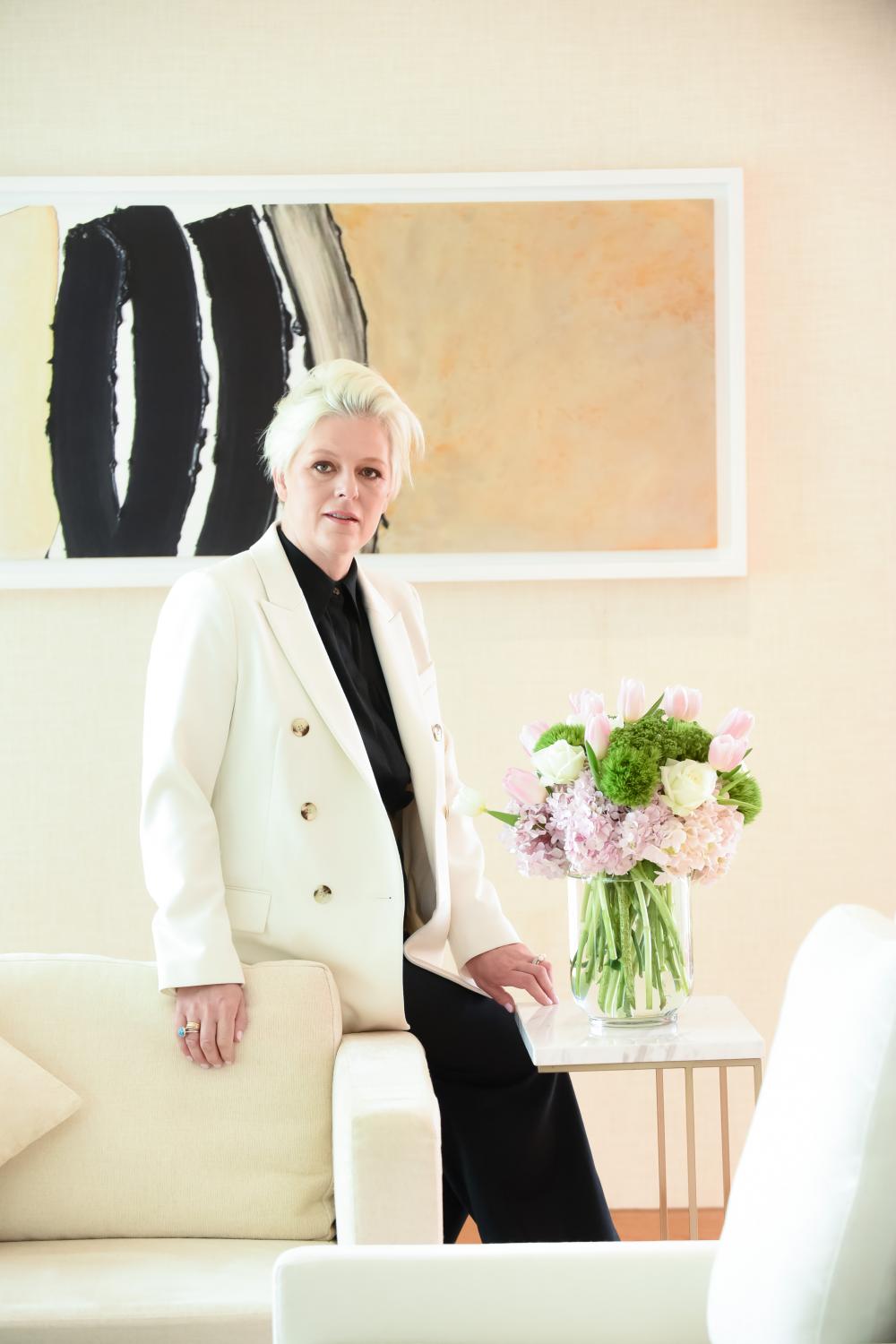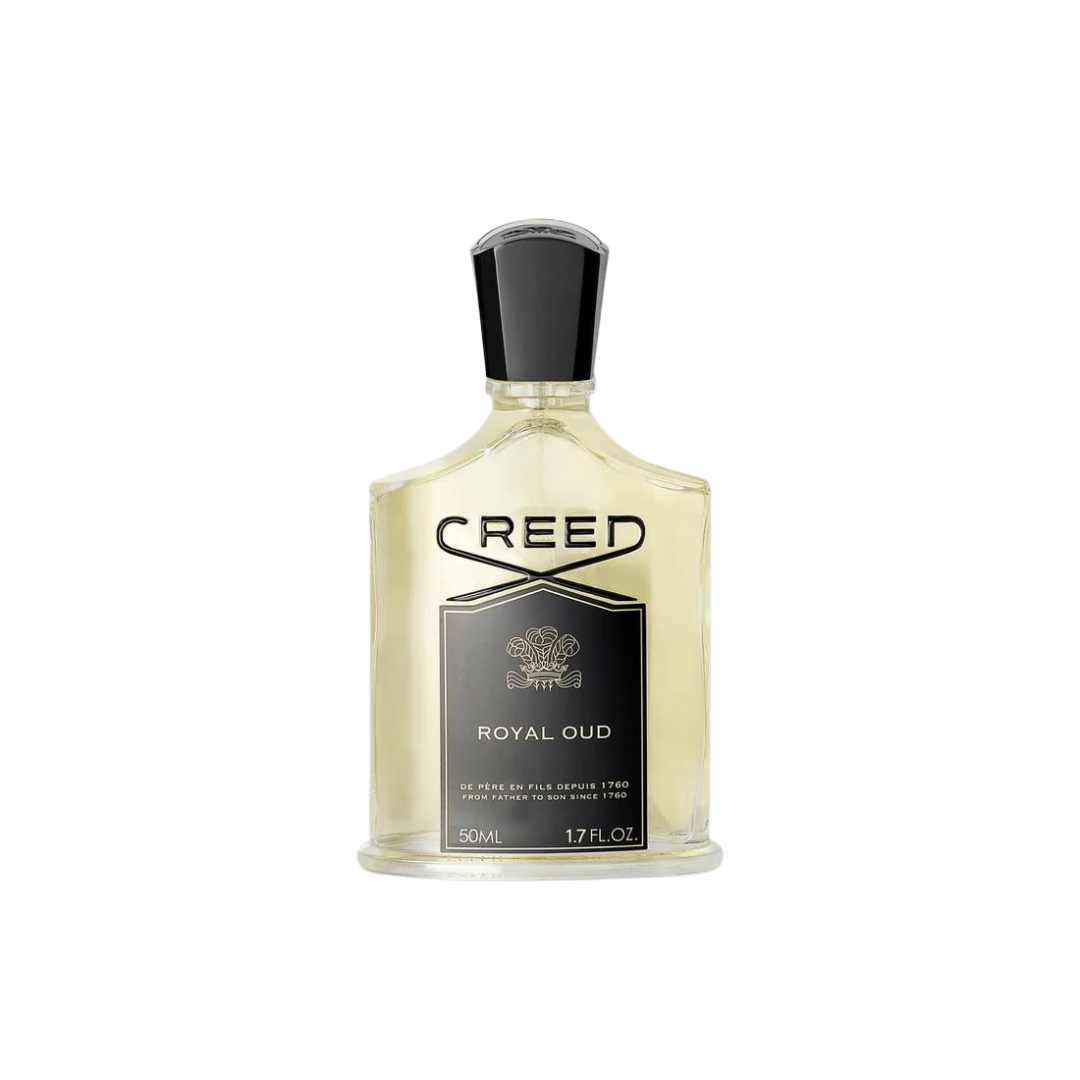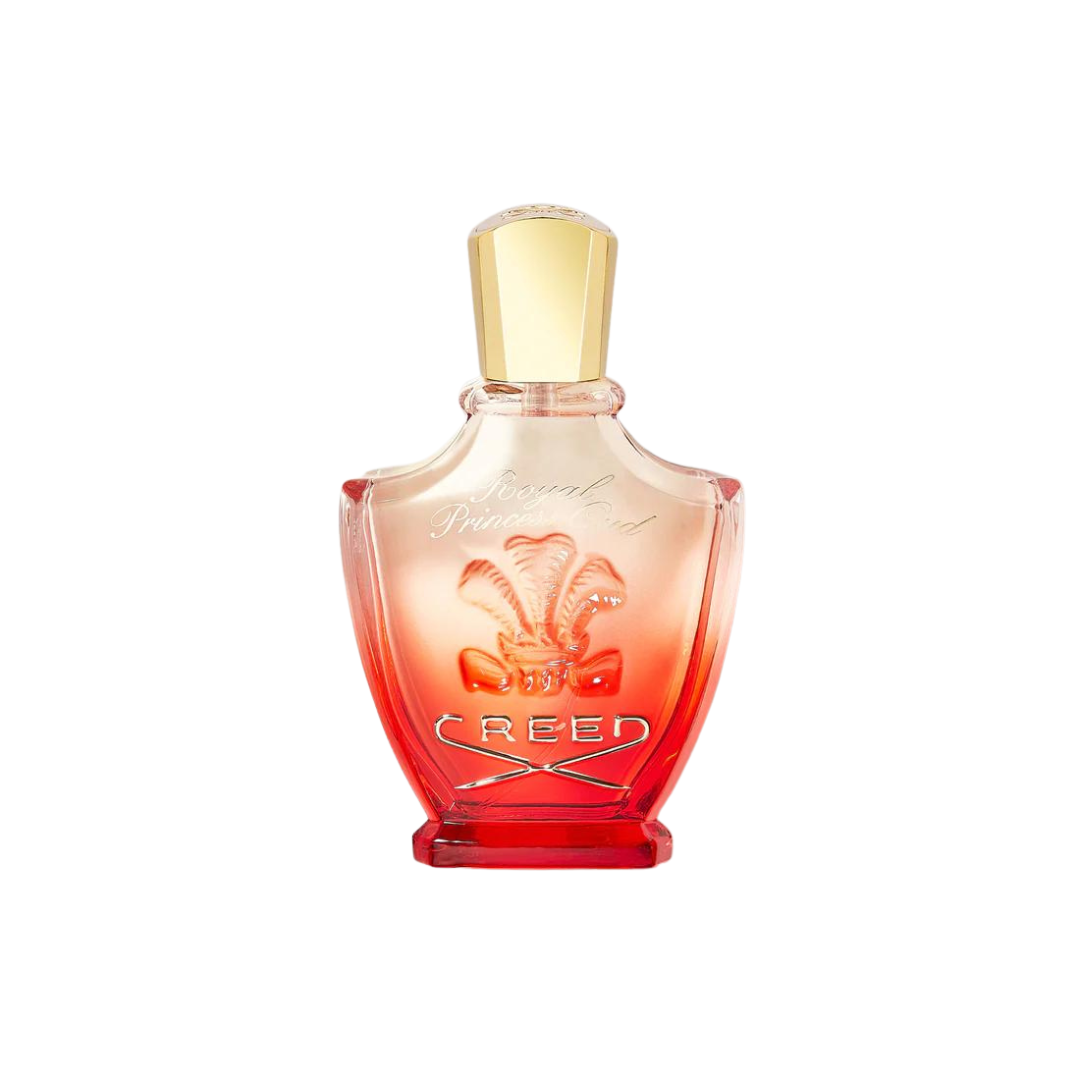
Distinguished and Complex, the significance and reign of the Arabic Oud cannot be understated. A raw material that challenges the fragrance landscape, it continues to fascinate and intrigue the international markets. GRAZIA gets a chance to sit down with the appointed Global CEO of the world-renowned House of Creed, Sarah Rotheram. A powerhouse in her own realm, she leads the brand to new avenues as she unpacks her, and the world’s, infatuation with Oud.
From its role in the Middle East’s DNA to its “liquid gold” reputation, Oud continues to reformulate the word of fragrance. She walks us through the story of olfactory treasure, how the prominent brand interacts with it, and the Arabic ingredients ever-evolving reach.
A story of heritage, reinterpretation and extraordinary popularity, Sarah expands on the richness of Oud and its future at Creed.
Oud has a rich history in the Middle East and is often referred to as “liquid gold.” Can you provide some insights into the historical significance of Oud in the fragrance industry and how it has evolved over time?
SR: Oud carries profound historical significance within the world of fragrance. It’s firmly embedded in perfume culture, particularly in the Middle East, where its roots run deep. Its journey commences in regions like India, Southeast Asia, and Cambodia. There, the resinous heartwood of the Aquilaria tree, originally known as Agarwood, has been highly prised for its rarity and its timeless, captivating aroma.
Indeed, Oud played a pivotal role in shaping ancient perfumery. Alongside aromatics, such as frankincense, sandalwood, and saffron—each emblematic and sacred in the history of perfume. Whether utilised as incense, distilled into essential oils, or incorporated as a perfume ingredient, Oud served multifaceted roles. As a cherished protective wood, a symbol of royalty or spirituality, or a mark of reverence in religious ceremonies and cultural rituals. As civilisations intersected along the trade routes, its influence endured, permeating diverse cultures and customs, spanning from the Far East to the Middle East.
Oud also represents a connection to tradition, luxury, savoir-faire, and craftsmanship. It stands as a testament to the enduring allure of scents that transcend time and borders. This deeply aligns with The House of Creed’s core values and unwavering commitment to crafting extraordinary fragrances. From employing time-honoured artisanal techniques, to utilising exquisite ingredients. Hence, Oud is a raw material that continually inspires us and holds a special place in our creative endeavours at Creed.
Oud is renowned for its unique and captivating aroma. Could you explain what makes Oud such a prised and distinct ingredient in perfumery, and how it contributes to the complexity of fragrances?
SR: I believe what truly sets Oud apart, making it an exceptionally prised and unique ingredient, lies in its two attributes. Its rarity and unparalleled complexity of its scent. Dual in its nature, it cuts through wood and resin. Imparting an extraordinarily rich and multifaceted olfactive personality, it stands apart from any other perfumery ingredient. Within its essence, a unique interplay unfolds: a splendidly woody and smoky dryness sits alongside a captivating resinous note, while hints of tobacco and dark leather mingle with honeyed and vanillic undertones.
It is an exceptional raw material, that serves as an exquisite canvas for composition. Bringing forth a singular charisma and stark contrast, it challenges the floral bouquets and citrus notes that are more dominant in Western fragrances. I think it has grown in popularity globally recently as it has such a distinctive note. Complemented by remarkable longevity and power of projection, Oud is a disruptive agent in the field.
Creed’s creations artfully blend natural Oud into the compositions to bestow majesty upon the fragrance. Deepening its complexity, while infusing character into other notes. Our philosophy is not to let it overpower the ensemble, but rather to weave it seamlessly. Allowing it to interact harmoniously with the rest of the composition, it creates dense and exquisite textures, much akin to crafting a precious fabric. This, I believe, embodies a very modern, distinctly Creed interpretation of Oud.
For instance, in “Royal Oud”, natural Oud, frankincense, cedarwood, and cashmeran converge to craft a mysterious and opulent tapestry. Here, the clarity and brightness of Creed’s signature bergamot, together with grapefruit and pink peppercorn, are elevated. Similarly, in “Royal Princess Oud,” Oud intertwines with two other perfumery treasures, splendid orris and Bulgarian rose essence, giving birth to a fragrance of exceptional opulence, boasting a truly luxurious sillage.
Available Now

CREED FRAGRANCES ROYAL OUD DHS1,488 SHOP HERE

Oud has played a pivotal role in Middle Eastern culture for centuries. How does Oud factor into the traditions, rituals, and daily lives of people in the Middle East, and what role does it play in their cultural identity?
SR: I hold immense admiration for the Middle East and its rich perfume heritage. The history of perfumery in this region stretches back to ancient times, revealing distinctive and fascinating features, like iconic aromatic notes, charismatic perfumes of enduring prestige, and the captivating traditions of attars and bakhoor, so deeply embedded in this culture. Oud, as I’ve come to understand, lies at the heart of this perfume tradition. It is intricately woven into Middle Eastern customs and daily life and holds a sacred role in rituals and celebrations. Whenever I visit the Middle East, I am enchanted by the unmistakable scent that pervades the air.
Its enduring popularity underscores its significance. I am fascinated by how Oud continues to unite people across generations while preserving cultural ties and traditions. In the Middle East, Oud isn’t merely a scent; it’s a cultural identity. Mirroring the region’s vast history, values, and sense of luxury.
Oudh has gained global popularity in recent years. What do you believe are the key factors contributing to its rise as a sought-after fragrance ingredient on a global scale, and how has this impacted the perfume industry?
SR: To begin with, Oud possesses an incomparable and intricate aroma, setting it apart from all other perfumery ingredients. This distinctive scent captivates perfumery enthusiasts worldwide, catering to those in search of truly one-of-a-kind olfactory experiences. Simultaneously, Oud’s profound cultural origins, deeply rooted in the historical customs and traditions of the Middle East and beyond, bestow upon it a sense of authenticity and heritage.
The aura surrounding Oud positions it as a rarefied and exclusive element within the realm of perfumery. As luxury niche perfumery has expanded its reach across the globe, it weaves together diverse cultures and influences. Oud’s popularity has traversed geographical boundaries. Perfumers, drawn to the challenge presented by Oud’s complexity, have uncovered new and boundless avenues for redefining perfume creation. Harnessing its versatility to craft innovative fragrances.
Significantly, the surging interest in Oud has also heightened the focus on sustainable sourcing. Collaborating with producers committed to responsible arboriculture and extraction practices, while upholding the longstanding traditions of distillation, becomes crucial. These endeavours are imperative for safeguarding and perpetuating this extraordinary and unique olfactory treasure.
As a whole, I think Oud has injected fresh vitality into the perfume industry. Propelling market growth, fostering creativity, and encouraging diversification in the competitive space. However, from a creative perspective, I still believe that its extraordinary richness and complexity offer uncharted avenues. Untapped opportunities waiting to be explored. Which, in the case of Creed, is in the near future.









